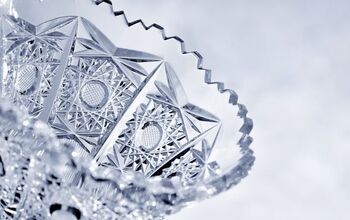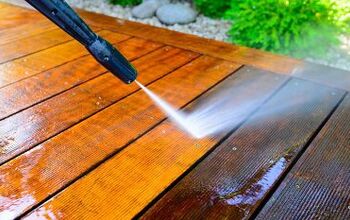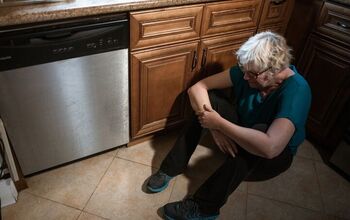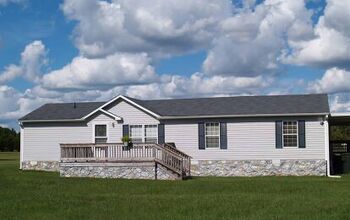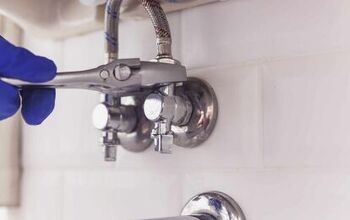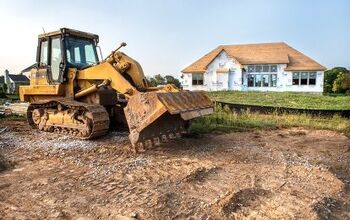The 9 Most Common Water Heater Problems

Water heaters are a convenience that many of us take for granted. Hot water on demand is something that we have come to expect. Not having it is jarring and unpleasant, something that we just cannot do without.
Most modern water heaters also come built to last. Yet still, there are more than a few issues that can arise from time to time. Some of the most common problems include no hot water, too much or not enough hot water, water that is too hot, and low water pressure. There are more still, yet these are among the most common problems.
Do You Need Water Heater Repair Services?
Get free, zero-commitment quotes from pro contractors near you.

Different Types of Water Heaters
Before we get into the various issues that can arise from water heaters, it is important to know that there are different types. For one, there are gas and electric water heaters. That’s not even getting into the tankless options.
Electric water heaters are especially tricky to deal with as they are high-voltage appliances. That means take the time to use caution because failing to do so can be deadly. When you know the type of water heater you are working with, then you can begin to troubleshoot any issue that you are currently experiencing.
The Most Common Water Heater Problems
Knowing the type of water heater that you have is a good start. Troubleshooting the issue can be done in a number of ways. There are some problems that can be done by those with even a modest DIY background. Others still will require professional intervention.
Make sure that you practice safety whenever troubleshooting a water heater issue. Gas or electric, there can be potentially dangerous consequences if the water heater is malfunctioning.
1. No Hot Water
There is no more common issue than having no hot water at all. That blast of cold water makes it apparent the second it hits you. But why would your water heater be without hot water? That is its sole job.
More often than not, you will not get hot water because there is no power going to the water heater. It can be as simple as a tripped circuit breaker or a blown fuse. Past that, it could be that the high-temperature cutoff has been activated. That means resetting the water heater.
If, after all that, there is no hot water then you would be wise to call in a professional. They have other means of troubleshooting or can at least replace the old tank if it has failed completely.
2. Water is Too Hot
Believe it or not, the water can get too hot when coming out of the water heater. When the internal thermostat has been set too high, the water temperature can come out much higher than normal. The result is water that is too hot to use.
Typically, the resolution is resetting the thermostat and setting it to a more comfortable temperature. But if that doesn’t work, it could be the temperature pressure valve that is at fault. When it goes bad, the heater can’t shut itself off when it hits the desired temperature. Replacing it is imperative to prevent potential scalding.
3. Not Enough Hot Water or Temperature Not Hot Enough
Generally speaking, you should not run into this issue if you have a tankless water heater. If you do have a tank, though, it could be that your tank is too small to accommodate the requirements of your home. When the tank is too small, all the hot water gets used up before everyone has finished using it.
Should your water heater not make water hot enough, then that may be a heating element or thermostat issue. The heating element can begin to fail, which means that it is heating the water, just not to the desired temperature. If the heating element is fine, then the thermostat may be programmed too low.
Have a tankless water heater but not enough hot water to go around? It could be that you are using too many hot water fixtures at once. If you like to do the laundry, run the dishwasher, and shower all at once, it could be too much for your tankless heater to accommodate.
4. Low Water Pressure
When we think about the functionality of a water heater, we only think about the temperature. But when the water comes out in barely more than a trickle, that can be just as problematic as water that is not hot enough to do the job.
The most common reason for low water pressure is that the pipes are too narrow. In older homes, you may find ½-inch pipes whereas most modern homes have ¾-inch pipes. If you live in an older home and water pressure is a constant issue, it may not be the water heater that is at fault at all. Consider having your home’s piping refit to a wider diameter.
5. Water is Too Slow to Heat
Perhaps the temperature is fine and there is more than enough hot water to go around during peak times. But you do notice that your water heater takes a little longer than normal to get the water to the right temperature.
What you may not have realized is that your water heater needs to be flushed from time to time. The most likely reason for your water heating up slowly is due to sediment buildup. Over time, the minerals within the water that runs into your home can build up, causing elements within the water heater to malfunction.
For gas water heaters especially, sediment buildup can be a major issue. Check the tank and the various components for sediment buildup. If you have not had your tank flushed in a while, consider having that done as well.
6. Dirty Water
There may be no worse feeling than turning on your faucet only to find rusty, dirty water coming out. It is a disgusting feeling. And the reason for it may not be one you want to have to deal with.
There are two reasons why you would see brown water coming from your taps. One of which is the anode rod. Consider flushing your tank and replacing the anode rod to see if that resolves the issue. The second issue is that there is corrosion on the inside of the tank. Unfortunately, the only solution for corrosion is to replace the tank entirely.
7. Leaking
While brown water is something no homeowner wants to have to contend with, there may be nothing worse than dealing with a leak. Leaks, when left unchecked, can do untold damage to the area around the water heater.
If caught early, a leak can be dealt with before it does much damage. But if allowed to persist, it can warp wood, damage drywall, and be damaging to just about anything in the immediate area. The bad part is that there are a few different reasons why your water heater may be leaking.
Leaks are generally due to faulty valves. Those can be replaced, thankfully. It could also be the matter of a loose connection which can also be easily remedied. It is when the leaking comes from your water tank that you should be worried. That is a sign of corrosion, which means having to replace the tank altogether.
8. Tank Making Noise
First of all, a water heater will make some noise but it shouldn’t be considered noisy. There are a few things that can cause your water heater to make some abnormal noises. Rumbling, banging, or popping sounds could be a result of scale buildup on the inside of the tank as well as on the heating elements, for instance.
Most of the time, any minor noises that you hear are due to the pipes contracting and expanding. This is normal, thankfully. The unfortunate thing is that not a whole lot can be done about the noise. Just try to listen for anything that sounds abnormal and troubleshoot the issue before it becomes compounded.
9. Pilot Light Issues
For gas water heaters, there may be no more common issue than those relating to the pilot light. There are more than a few reasons why your pilot light may not be turning on. If it doesn’t light at all it could be a blockage in the tube or light orifice. That would require a replacement.
The thermocouple is also usually at fault when the pilot light doesn’t start. When these are faulty, you have to replace them. Another thing that prevents the pilot light from starting is a faulty gas valve. Check and replace the valve if necessary.
Do You Need Water Heater Repair Services?
Get free, zero-commitment quotes from pro contractors near you.

Final Thoughts
Water heaters are complex appliances. There are more than a few reasons why they may not be serving their intended purpose. Being able to identify the issue is part of the troubleshooting process. From there, it is generally about replacing a faulty component. If the prospect of repair seems to steep, a professional can do the job quickly and properly.
Related Guides

Ryan Womeldorf has more than a decade of experience writing. He loves to blog about construction, plumbing, and other home topics. Ryan also loves hockey and a lifelong Buffalo sports fan.
More by Ryan Womeldorf



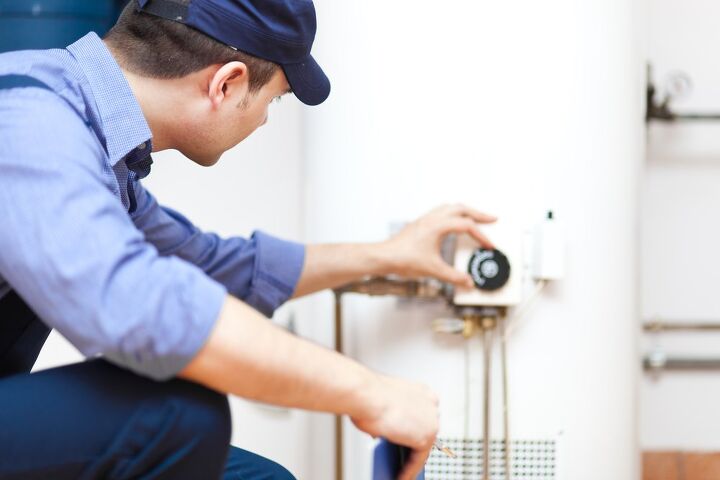







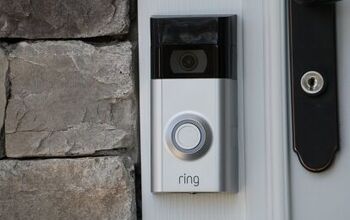
![How Much Weight Can a 4×4 Support Horizontally? [It Depends!]](https://cdn-fastly.upgradedhome.com/media/2023/07/31/9070333/how-much-weight-can-a-44-support-horizontally-it-depends.jpg?size=350x220)

![10 Best Electric Lawn Mowers - [2022 Reviews & Top Rated Models]](https://cdn-fastly.upgradedhome.com/media/2023/07/31/9070486/10-best-electric-lawn-mowers-2022-reviews-top-rated-models.jpg?size=350x220)
